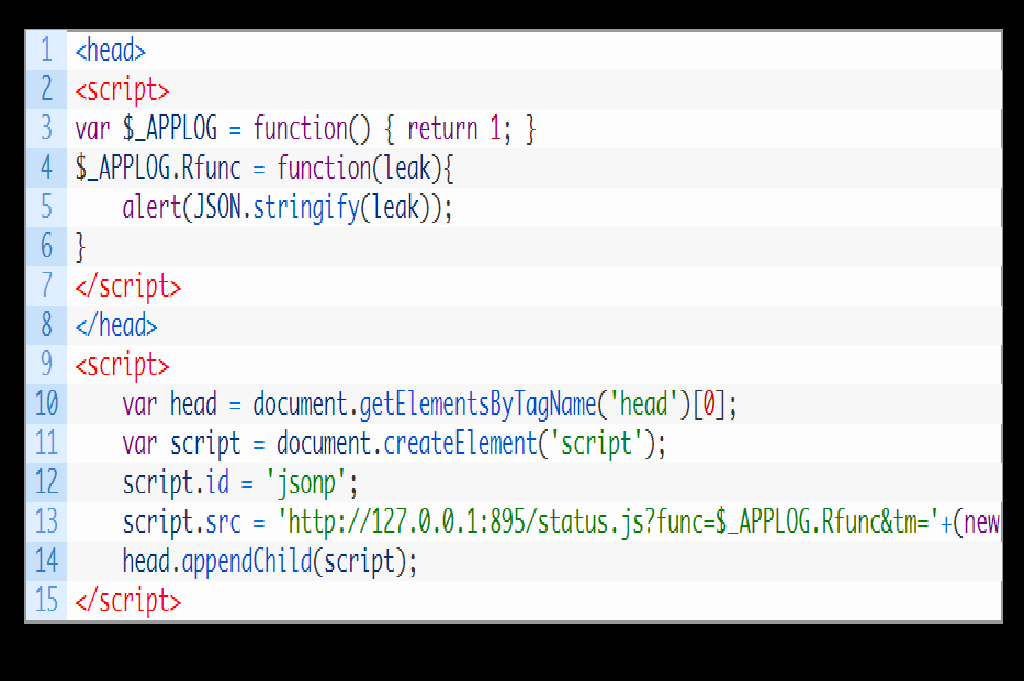Security expert Paulos Yibelo has discovered a vulnerability in Hotspot Shield VPN from AnchorFree that can expose locations of the users.
Paulos Yibelo, a security researcher, has discovered a vulnerability that can expose users and locations around the globe compromising their anonymity and privacy. The company has about 500 million users globally.
VPN services providers are used nowadays to protect the identity of individual users and against the eavesdropping of their browsing habits. In countries like North Korea and China they are popular among political activists or dissidents where internet access is restricted because of censorship or heavily monitored once these services hide the IP addresses of the real users, that can be used to locate the person real address.
The Great Firewall of China is an example. Locating a Hotspot Shield user in a rogue country could pose a risk to their life and their families.
The VPN Hotspot Shield developed by AnchorFree to secure the connection of users and protect their privacy contained flaws that allow sensitive information disclosure such as the country, the name of WIFI network connection and the user’s real IP address, according to the researcher.
“By disclosing information such as Wi-Fi name, an attacker can easily narrow down or pinpoint where the victim is located, you can narrow down a list of places where your victim is located”. states Paulos Yibelo.
The vulnerability CVE-2018-6460 was published without a response from the company on Monday, but on Wednesday a patch was released to address the issue. The vulnerability is present on the local web server (127.0.0.1 on port 895) that Hotspot Shield installs on the user’s machine.
“http://localhost:895/status.js generates a sensitive JSON response that reveals whether the user is connected to VPN, to which VPN he/she is connected to what and what their real IP address is & other system juicy information. There are other multiple endpoints that return sensitive data including configuration details.” continues the researcher.
“While that endpoint is presented without any authorization, status.js is actually a JSON endpoint so there are no sensitive functions to override, but when we send the parameter func with $_APPLOG.Rfunc, it returns that function as a JSONP name. We can obviously override this in our malicious page and steal its contents by supplying a tm parameter timestamp, that way we can provide a logtime“.
Once running, the server hosts multiple JSONP endpoints, with no authentication requests and also with responses that leak sensitive information pertaining the VPN service, such as the configuration details. The researcher released a proof of concept (PoC) for the flaw, however, the reporter Zack Whittaker, from ZDNET, independently verified that flaw revealed only the Wi-Fi network name and the country, not the real IP address.
The company replied to the researcher allegation:
“We have found that this vulnerability does not leak the user’s real IP address or any personal information, but may expose some generic information such as the user’s country. We are committed to the safety and security of our users, and will provide an update this week that will completely remove the component capable of leaking even generic information”.

http://securityaffairs.co/wordpress/68901/hacking/hotspot-shield-vpn-flaw.html
